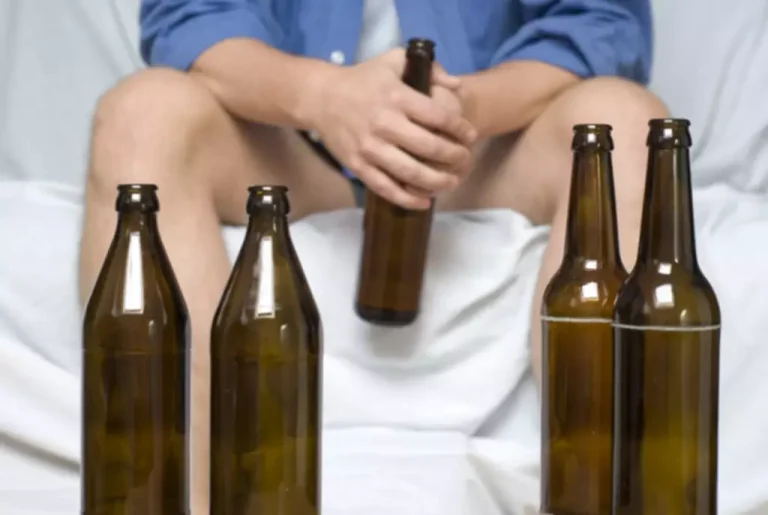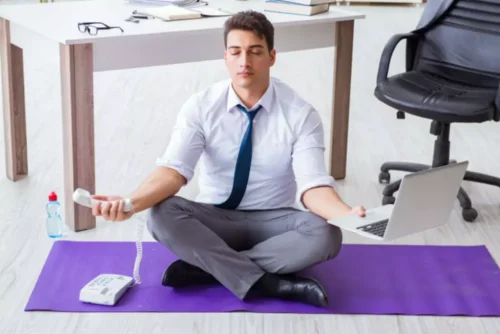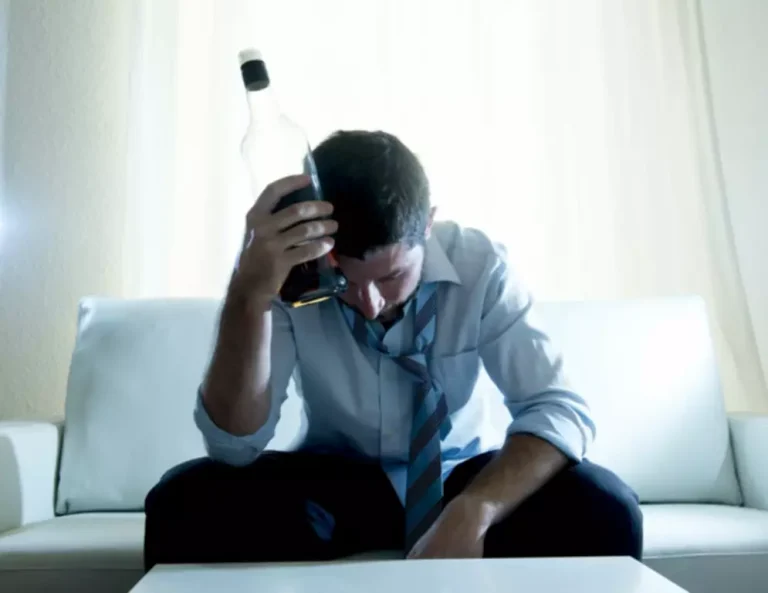
How Does Alcohol Affect Your Mental Health?

These steps should be considered even if the patient’s depressive disorder is a relatively short-lived alcohol-induced state. Practitioners can counteract their patients’ depressive symptoms by providing education and counseling as well as by reassuring the patients of the high likelihood that they will recover from their depressions. Similarly, an alcoholic who experiences repeated panic attacks or other anxiety symptoms requires intervention for the anxiety, regardless of the cause. Alcoholics who experience high levels of anxiety or nervousness, including panic attacks, will likely benefit from education and reassurance as well as from behavioral therapies aimed at increasing levels of relaxation. This article briefly reviews some of the recent literature on the complex interaction between alcohol dependence and the longer lasting anxiety or depressive disorders. The interactions between alcoholism and these disorders are evaluated by posing a series of questions, and the reader is encouraged to review the articles cited in the reference list.
Stick to moderate drinking
Patrick D’Alessandro has been sober since August of 2016, after pursuing treatment at Gateway Foundation — where he now works as a recovery coach. When Benjamin Lerner — a writer, radio host, and recovery advocate with All Sober — had his first beer at age 13, he noticed it dulled his fears, insecurities, and inhibitions. alcohol and depression “When my depression is bad, I give myself a break and have a video game day on the couch,” she says. Anyone who suspects they have depression or who would like to reduce their alcohol intake but are having trouble should see a doctor. If you or someone you know is having thoughts of suicide, a prevention hotline can help.

Finding Treatment for Alcohol Addiction and Depression
Major depressive disorder (MDD) is the most common mental health disorder in people with AUD. This may be because MDD is one of the most common conditions in the general population. The aforementioned depressive disorders each have slightly different diagnostics criteria. Simultaneous treatment for alcohol misuse and a depressive disorder can help you or your loved one take back control of your mental health, physical wellbeing, and overall happiness. Research has linked the development of depression symptoms in adolescents to regular or heavy alcohol use. Adults who met criteria for alcohol use disorders also had a higher risk for depression.
- These national indicators are measured among people aged 12 or older in the civilian, noninstitutionalized population.
- Depression is also a risk factor for using alcohol, since people who feel depressed may use alcohol to ease their symptoms.
- If you feel that you sometimes drink too much alcohol, or your drinking is causing problems, or if your family is concerned about your drinking, talk with your health care provider.
- At age 40, Mayfield stopped drinking again — but this time, he started therapy to unpack the underlying issues driving his depression and desire to drink.
- Read our review of the best online therapy options to find the right fit for you.
- When you regularly turn to alcohol to manage challenges and negative feelings, you may not take other actions that could help you address those problems effectively.
- For example, the criterion of legal problems related to alcohol was removed, and the criterion of alcohol craving was added.
Alcohol can increase the risk of dangerous symptoms
It is vital to discuss the risks and possible interactions of every medication with a doctor. Research from 2013 also supports the link between alcohol use and self-harm. The study found that teenagers with depression who drank alcohol were significantly more likely to act on suicidal feelings. Research from 2011 found that having an alcohol use disorder significantly increased a person’s risk of having depression. TMS is a newer procedure used when an individual’s depression symptoms have been resistant to more traditional forms of treatment.

- Remember to tell them about how much you drink or, if you’ve stopped, how long you’ve been alcohol-free.
- People may wish to seek quality psychological care from a doctor, therapist, or both.
- In addition, attempting to stop drinking and going through withdrawal can worsen depression, making it even harder to quit.
- In keeping with the guidelines of Alcohol Health & Research World, review articles are emphasized.
- In addition, alcoholism and these psychiatric disorders may operate together within some families, or individual instances may occur whereby a person develops alcoholism as a direct reflection of a preexisting psychiatric syndrome.
- In this followup study, although the sons of alcoholics were three times more likely to develop alcohol abuse or dependence, they showed no higher rates of major depressive disorders or major anxiety disorders during the followup period.
Exercise often provides a natural mood boost, so you’ll probably feel better once you get moving. You might feel a little unwell physically, but as long as the room doesn’t spin when you stand up, try to get outside for a short walk — or a longer one, if you can manage it. If you tend to rely on alcohol to ease anxiety in social situations, for example, you might never address the underlying causes of your discomfort.
As a Supporter
- The substantial variability in the course of co-occurring AUD and depressive disorders may reflect discrete underlying mechanisms, requiring distinct treatment approaches.
- This report highlights 2022 statistics on substance use, mental health, and treatment in the United States.
- However, as pointed out by Kushner (1996), larger studies of COA’s who have passed the age of risk for most disorders will need to be conducted before final conclusions can be drawn.
- “Initially, it seemed like a magic potion — the cure for my depression,” he says.
© 2021 Oak Tree. All rights reserved.


Comments are closed.